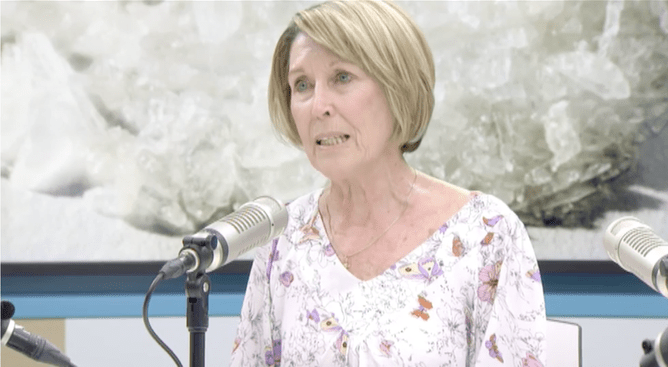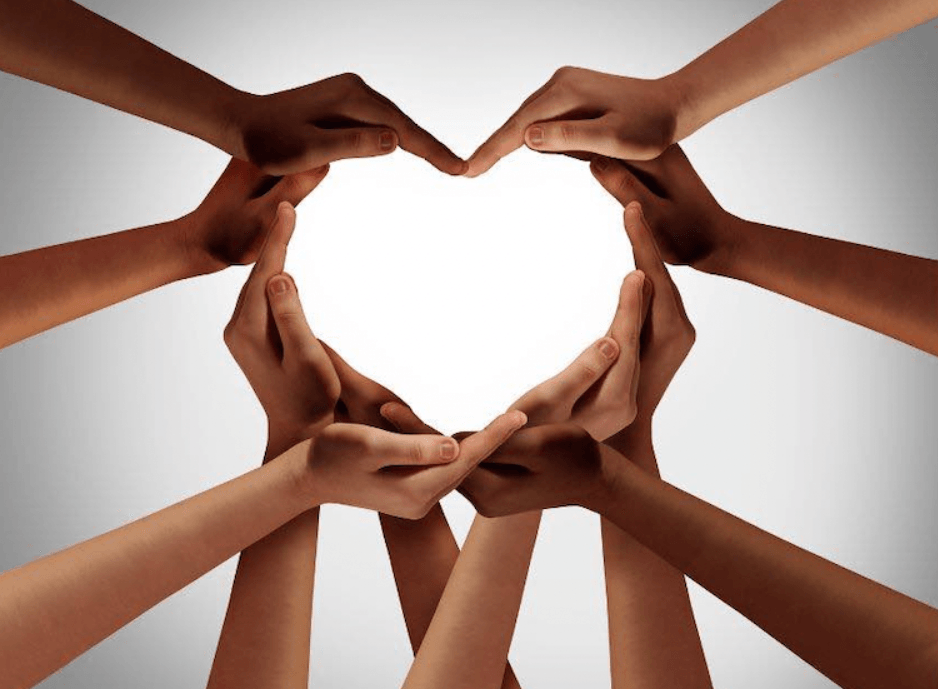Desperate New Zealanders are turning to volunteer groups to help them battle against meth addiction in their families.
Treatment facilities are stretched to capacity and there are long waiting lists. While they wait, families are being torn apart by the impact of the drug.
Erin O'Neill told The AM Show her son, who was 15 at the time, became addicted after a friend's mother gave him meth. After that her family's life spiralled out of control.
"It was 10 years of being clean, falling off again, rehabilitation. It's quite devastating, and quite devastating for the families," she told host Duncan Garner on Friday.
"There wasn't enough knowledge there, there wasn't enough support; and the stigma that we felt as a family - it's the bad parenting, it's the parents' fault."
After moving to Tauranga to get her life back, she realised there was a large number of families who also needed help. She founded the support group Brave Hearts so families who had already been through the struggle could help others.
"We had 60 people turn up to our first meeting. Subsequently, we had 270 people turn up to that," she says. "It was obvious people were crying out for help."
Statistics released by the Ministry of Health show 1 percent of the adult population used methamphetamine in 2016/2017 - or around 31,000 people. In 2016, alcohol was overtaken by meth as the most pressing addiction problem in the country.
"For a number of our treatment facilities, methamphetamine is the primary presentation issue - [it's] overtaken alcohol," says Vanessa Caldwell, Addiction Treatment National Committee chairperson.
"That hasn't ever happened before and it's significant because it demonstrates how many people are struggling with this addiction."
Higher Ground programme director Johnny Dow says more than two-thirds of those seeking help at one Auckland rehabilitation clinic are there for methamphetamine addiction.
"The problem does seem to be getting worse," he says.
Ms O'Neill is calling for more local drug rehab facilities to alleviate pressure on addicts' families.
"It was very hard. I think it's getting better, there are more facilities, but there are not enough and it's very hard to get them in," she says.
"They have to desperately want to go in. And when they're at that point of desperation there are not beds."
The Ministry of Health (MoH) told Newshub it's already spending millions on rehabilitation services.
"The Ministry contracts seven providers for methamphetamine-related residential treatment services, which see around 300 people per year at a cost of $6.1 million per annum. This is in addition to the nearly 450 residential treatment beds funded by District Health Boards," MoH manager addictions Richard Taylor says.
"Funding of $12 million over four years was made available in Budget 2016 to roll out a substance addiction programme, treating around 300 pregnant women and young mothers per year (the Pregnancy and Parenting Support service) in three DHBs - Northland, Hauora Tairawhiti and Hawkes Bay."
Ms O'Neill is appealing for more volunteers to join Brave Hearts, and has a powerful message for people dealing with their loved ones' usage.
"It's not your fault, you can't fix them, knowledge is power and with the help and support of a loving family you can get your child back," she says.
"Never give up hope."




